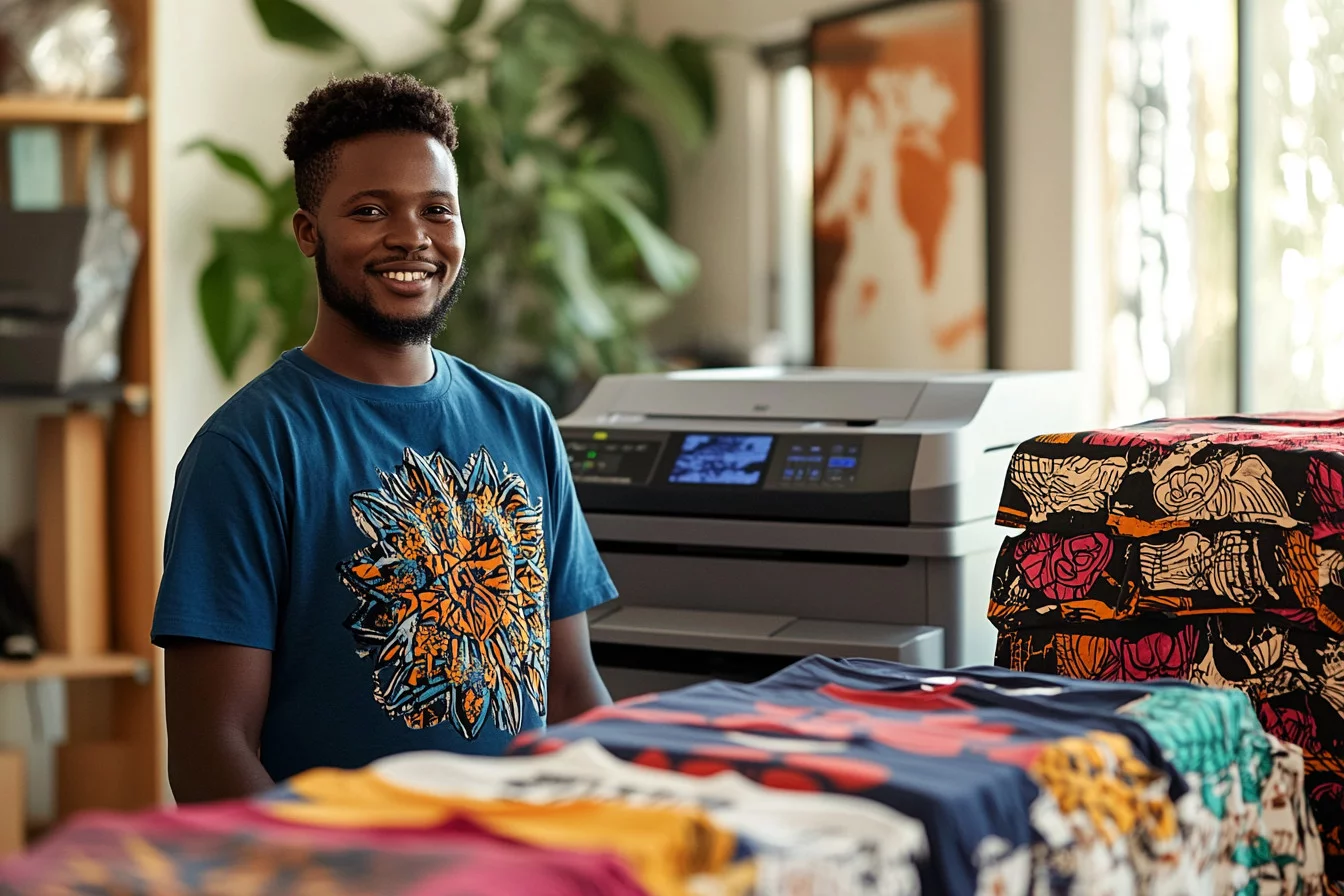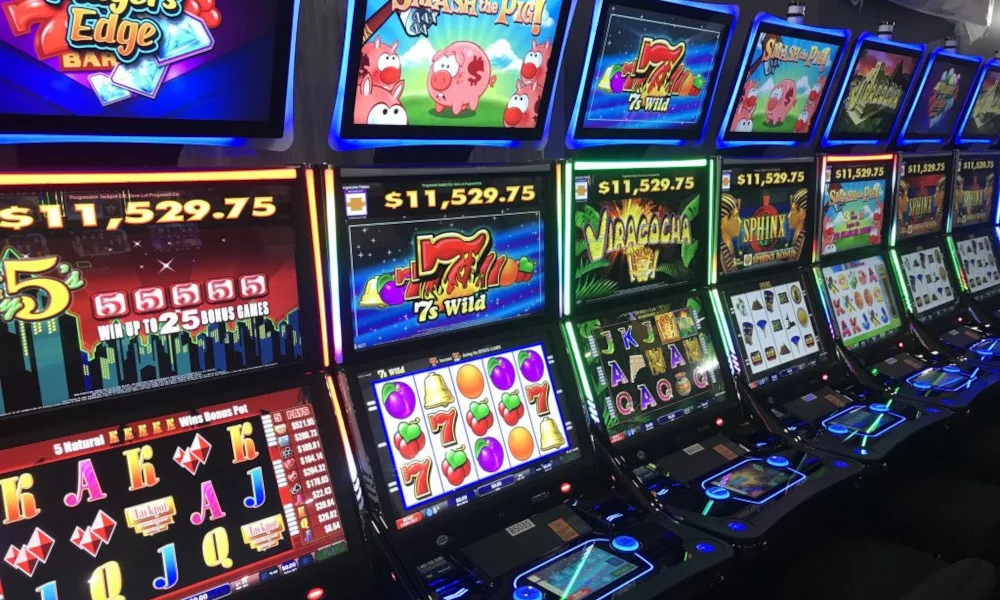Learn, Apply, and Control Risk With Our Money Using These Cornerstones
Like most of you, I had very little exposure to financial education in my formative years. I’ve realized that to get the things we want, hard work is inevitable and money is a need. When I was growing up in the 1980s, the closest I came to learning about personal finance was opening a passbook savings account.
What occurred? I worked, paid my bills, and saved some money (but not much) before racking up credit card debt to get a free T-shirt in college. Due to my lack of financial literacy, money was able to exert undue influence over my life. Everyone here has been there! However, that’s not how things have to be. No one becomes financially literate by chance; it must be planned for.
For most of us, money can be both a blessing and a curse. On some days, the prospect of success fills us with joy, while on others, we hate the work required to achieve it. Being a father, certified financial planner, and fintech entrepreneur has taught me the importance of having solid financial knowledge. If you want a healthy financial relationship, you need to know the following: what money is, how to utilize it, and how to minimize its downsides.
Financial literacy
Having enough money is like having a wrench. It’s crucial in allowing us to realize our personal and professional goals. Everyone has a connection to money, and our level of financial literacy determines how that connection plays out in our spending habits.
Realizing that money is a medium of exchange for products, services, and other things of value is the first step towards better financial literacy. What you desire is more of the benefits money provides.
So, what do you think money is? Learn to manage your money and you’ll have a better grasp on where it goes. If you want to know if you understand money and what you value, just show me where and how you spend it. Understanding your cash flow can give you valuable insight into your spending habits and help you make better financial decisions. After finishing college, I had no clue about personal finance or cash flow, but I learned the ropes by making and using a straightforward but effective cash flow worksheet. You may improve your financial literacy by reading this.
Spending Cash
To get what we want, we need to view money as a precise instrument. The value we add to the world is exchanged for monetary compensation. To what end, though, are you putting your hard-earned cash? Once you have a handle on your cash flow, you may evaluate a few elementary factors. Is your monthly cash flow positive? Otherwise, why not? Do you tend to put your money toward assets or expenses? In the long run, assets add to your wealth while liabilities (expenses) reduce it.
Once you know how much money you have and where it is going, you can make better decisions about your finances. What if, instead of spending X dollars per month on coffee, you invested that money in something that generated income for you? You might put it towards business promotion, savings, debt reduction, and more.
Moving forward, you can calculate the return on investment for each of your spending categories. By using any surplus funds to accelerate the repayment of debt, you can save yourself valuable interest payments. Putting your extra money to work in advertising your company and witnessing a rise in sales as a result? You can see the results of your efforts to learn about and manage your finances.
Keeping your financial life in check is a must. It’s fine to treat yourself occasionally, but it also makes sense to put your money to use in ways that can help you achieve your goals. In what avenues will you see the greatest return on investment?
Financial Risk Management
There is an element of danger in nearly every aspect of human existence. The essence of risk is apprehension about the unknown. Personal and corporate budgets both offer us the chance to hedge against the unknown and keep risks under control. As you become a business owner, you are used to taking chances and may even seek them out because of the potential payoffs. However, just because we know that taking risks can pay off, in the long run, doesn’t mean we should do it recklessly. The greatest way to deal with risk is to prepare for the worst and hope for the best. Here are some basic rules to follow when minimising financial risk:
- Maintain a positive cash flow by limiting spending.
- Preserve a sizeable emergency fund, equal to six months’ to twelve months’ worth of spending based on your cash flow worksheet.
- Think about getting the right kind of insurance in case something catastrophic happens to you or a loved one.
- Avoid putting all your eggs in one basket and always consider the worst-case scenario before making a major investment. It’s probably too risky if you don’t want to or can’t live with the outcome.
In our quest for financial literacy and success, it’s essential to recognize that money isn’t just a material asset; it has profound spiritual implications as well. Understanding our finances requires a deeper dive into our values, beliefs, and spiritual inclinations. The Spirituality for Prosperity masterclass brilliantly bridges this gap, offering a refreshing perspective on how one can blend spiritual beliefs with financial strategies for a holistic approach to wealth creation. If you’re seeking a balanced, spiritually-aligned path to financial success, this masterclass is your invaluable guide. Read more about this transformative approach by visiting this page and discover how spirituality could be your untapped resource for business growth.






